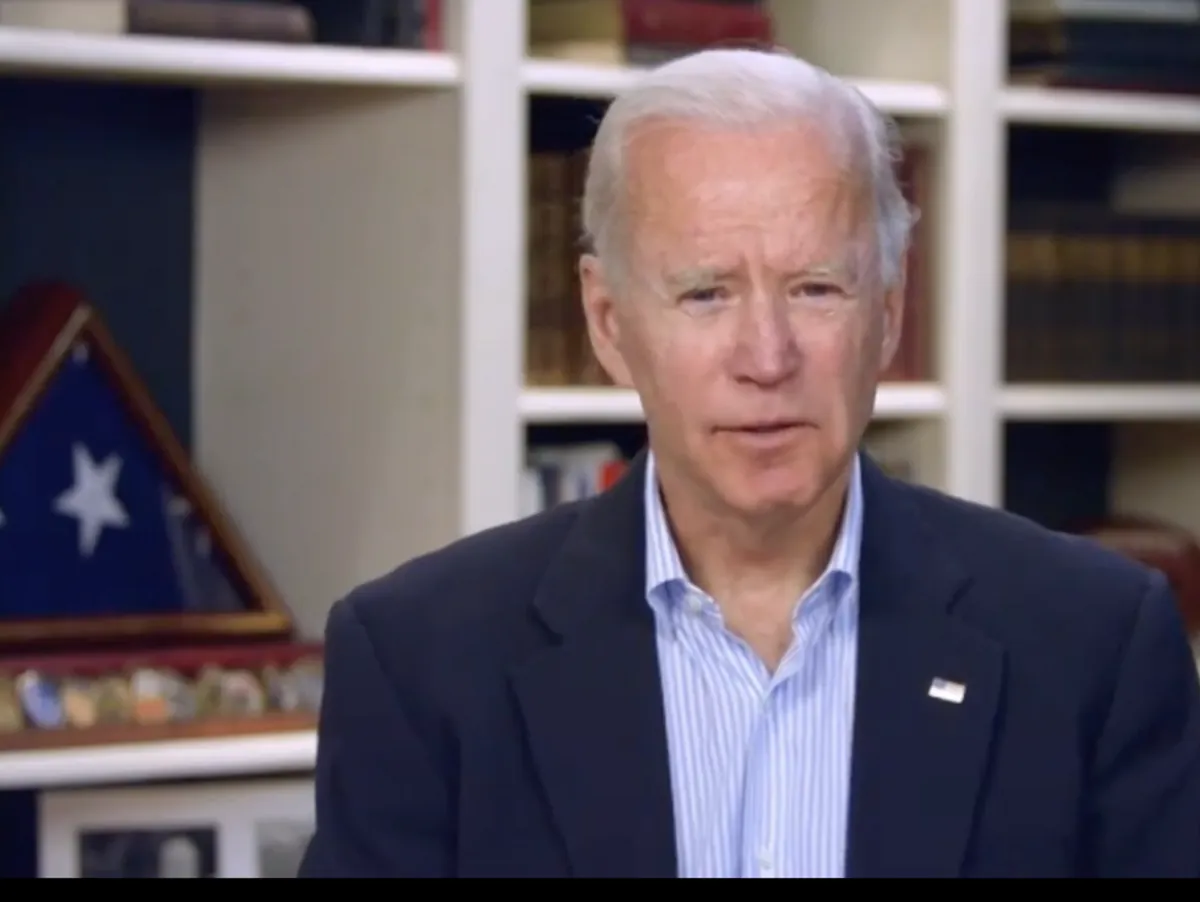President Joe Biden is set to visit southwest Wisconsin, specifically the town of Westby, to unveil a substantial $7.3 billion investment in rural electrification. This initiative, targeting 16 cooperatives across 23 states, aims to enhance internet connectivity in remote areas, addressing a critical infrastructure need.
The funding for this project stems from the Inflation Reduction Act, a significant piece of legislation enacted in August 2022. This act, which passed along party lines, allocates approximately $13 billion to rural electrification through various programs. The White House projects that this investment will generate 4,500 permanent positions and 16,000 construction jobs.
This investment marks the most significant commitment to rural electrification since the New Deal era of the 1930s. The Rural Electrification Act of 1936, a key component of the New Deal, laid the groundwork for bringing electricity to rural America. Today's initiative builds on that legacy, focusing on modern necessities like broadband internet access.
Biden's visit to Wisconsin underscores the state's crucial role in the upcoming November 2024 presidential election. Wisconsin, often considered a swing state, has been a battleground in recent elections. In 2020, Biden secured a narrow victory of about 20,000 votes, reversing the state's 2016 Republican lean.
This trip serves as a follow-up to Biden's earlier visit to Wisconsin in June 2021, where he pledged to improve rural internet access. At that time, he emphasized the essential nature of internet connectivity, comparing it to utilities like water and electricity. Natalie Quillian, White House Deputy Chief of Staff, asserts that Biden has fulfilled many of his previous commitments.
"It isn't a luxury; it's now a necessity, like water and electricity. And this deal would provide for it for everyone, while bringing down the cost of internet service across the board."
The initiative addresses a pressing issue in rural America. As of 2021, approximately 19 million Americans lacked access to broadband internet, highlighting the persistent digital divide. This gap in access to modern information and communications technology has significant implications for education, healthcare, and economic opportunities in rural areas.
Rural electric cooperatives, which serve about 42 million people across 48 states, play a crucial role in this effort. These organizations, with roots tracing back to 1935, have been instrumental in bringing essential services to remote communities.
Wisconsin, known as "America's Dairyland," exemplifies the blend of traditional industries and modern needs. The state, which joined the Union in 1848, has a rich agricultural heritage alongside growing demands for technological infrastructure. Westby itself, the location of Biden's announcement, is renowned for its Norwegian heritage, hosting an annual Syttende Mai festival that celebrates this cultural connection.
As the U.S. approaches the 2024 election, initiatives like this rural electrification plan may play a significant role in shaping voter perceptions and addressing long-standing infrastructure challenges in key battleground states.
